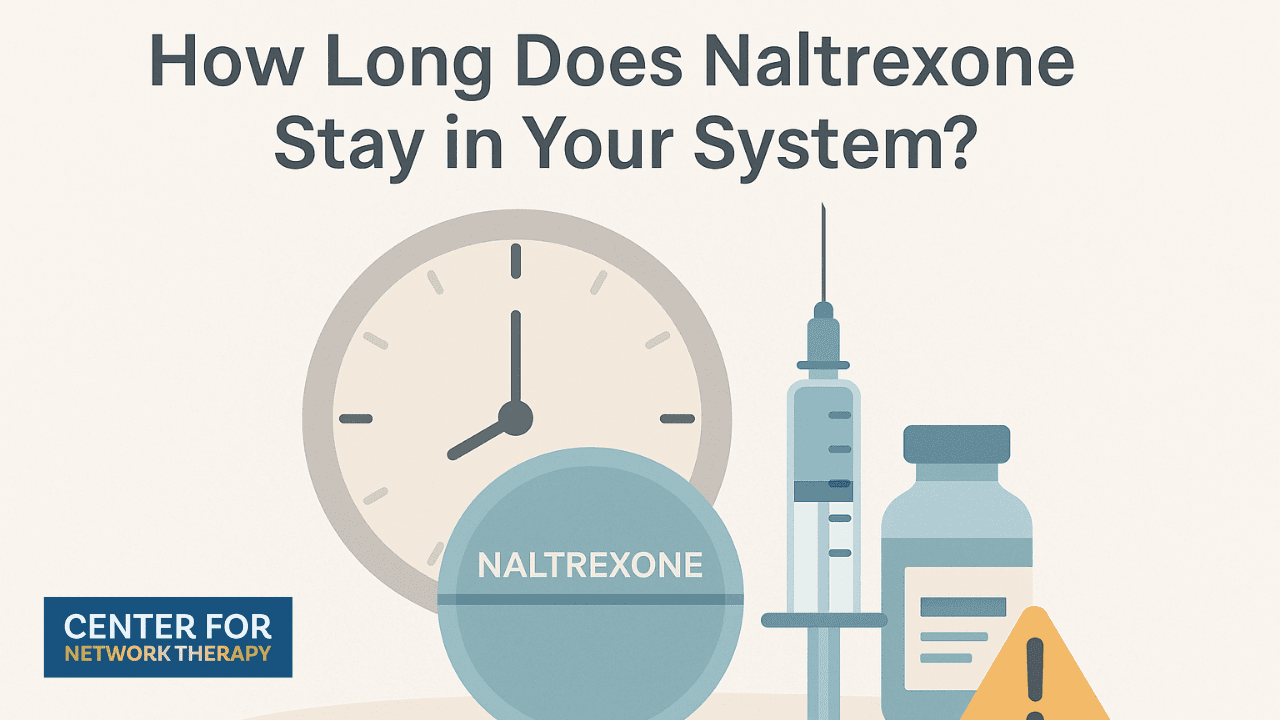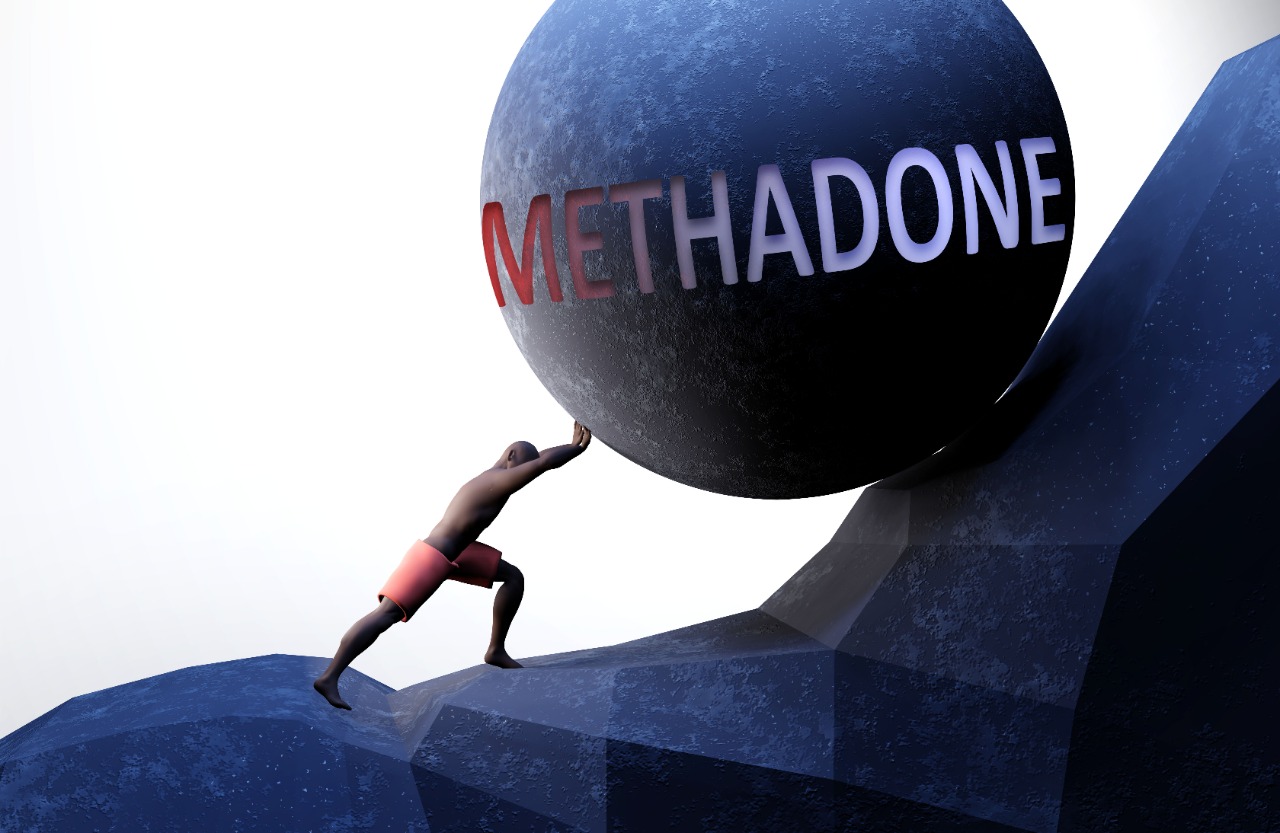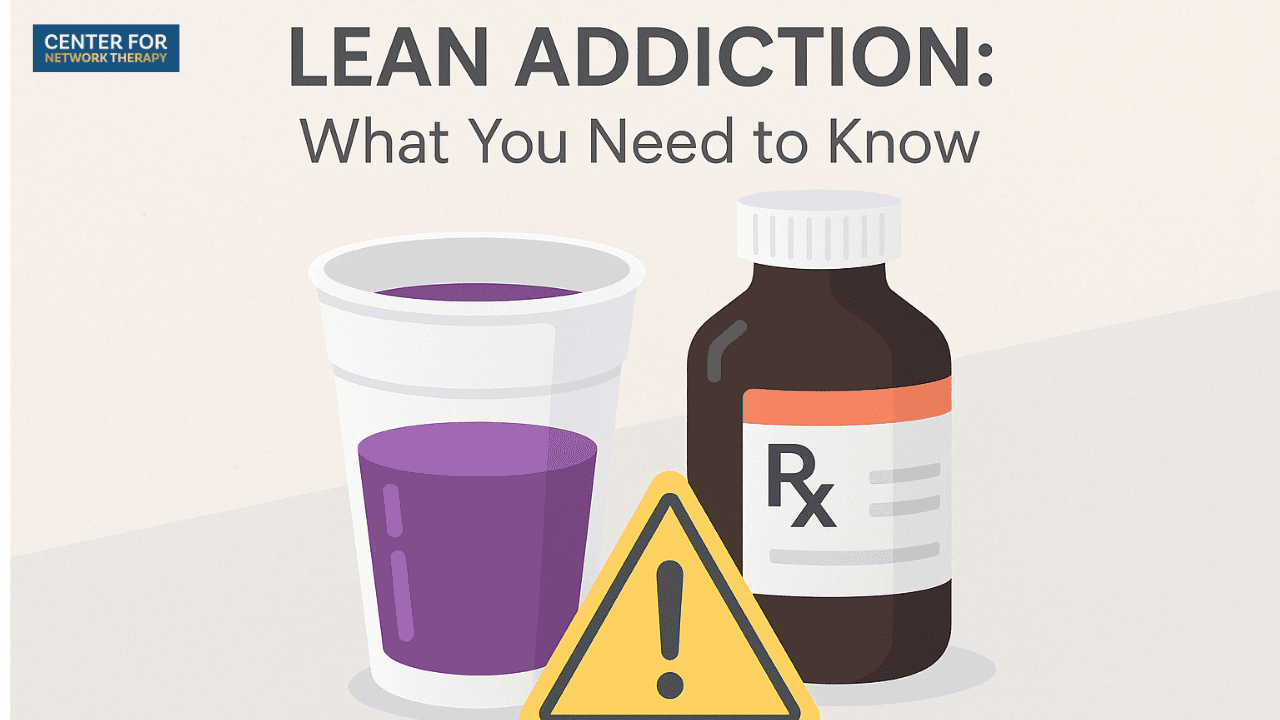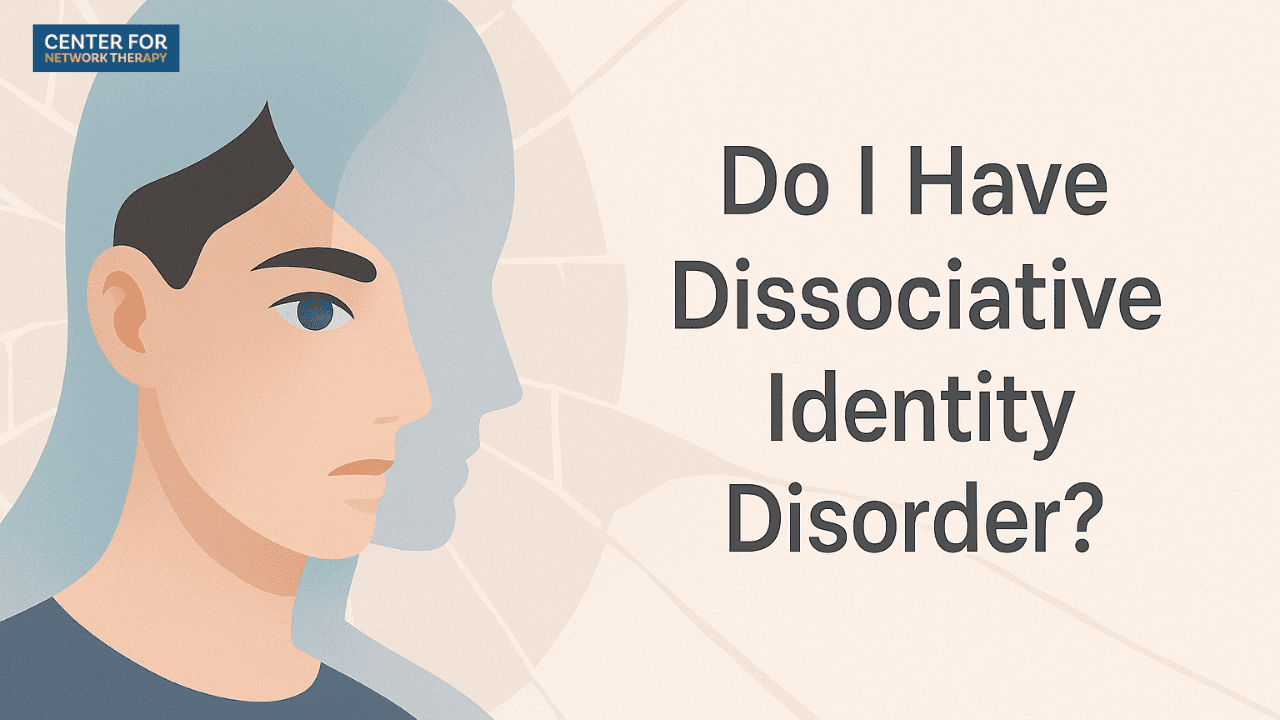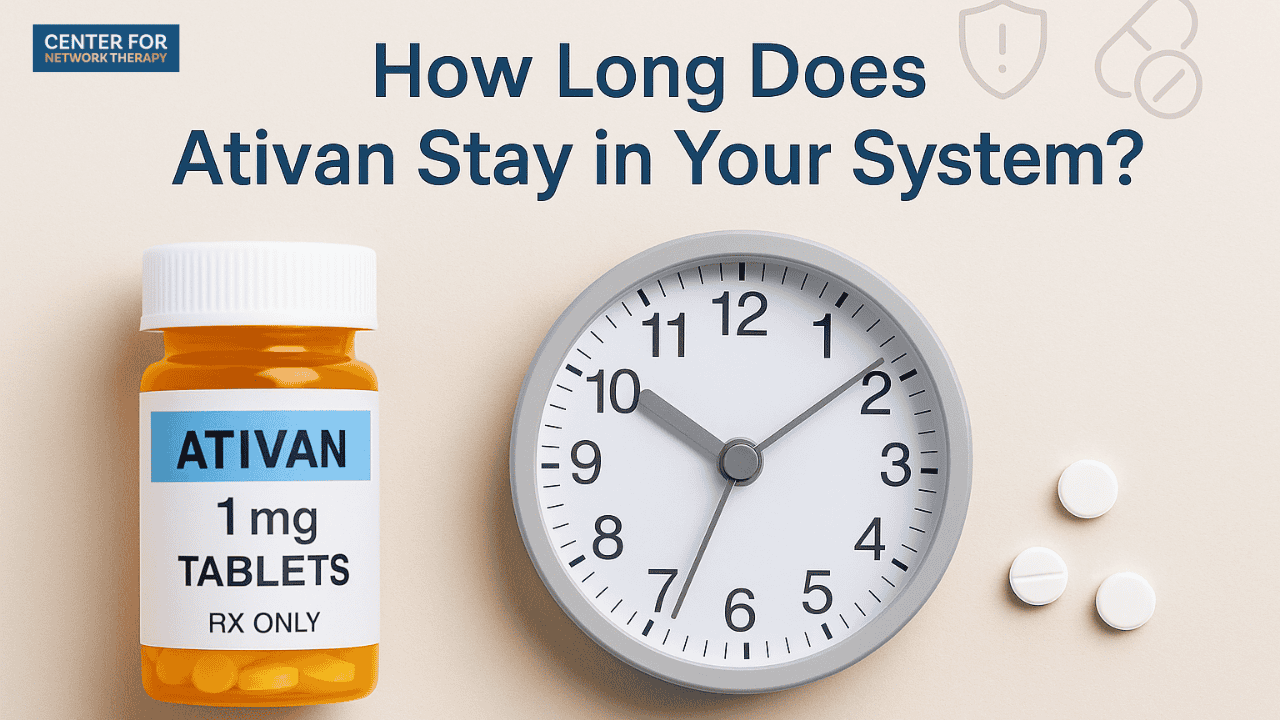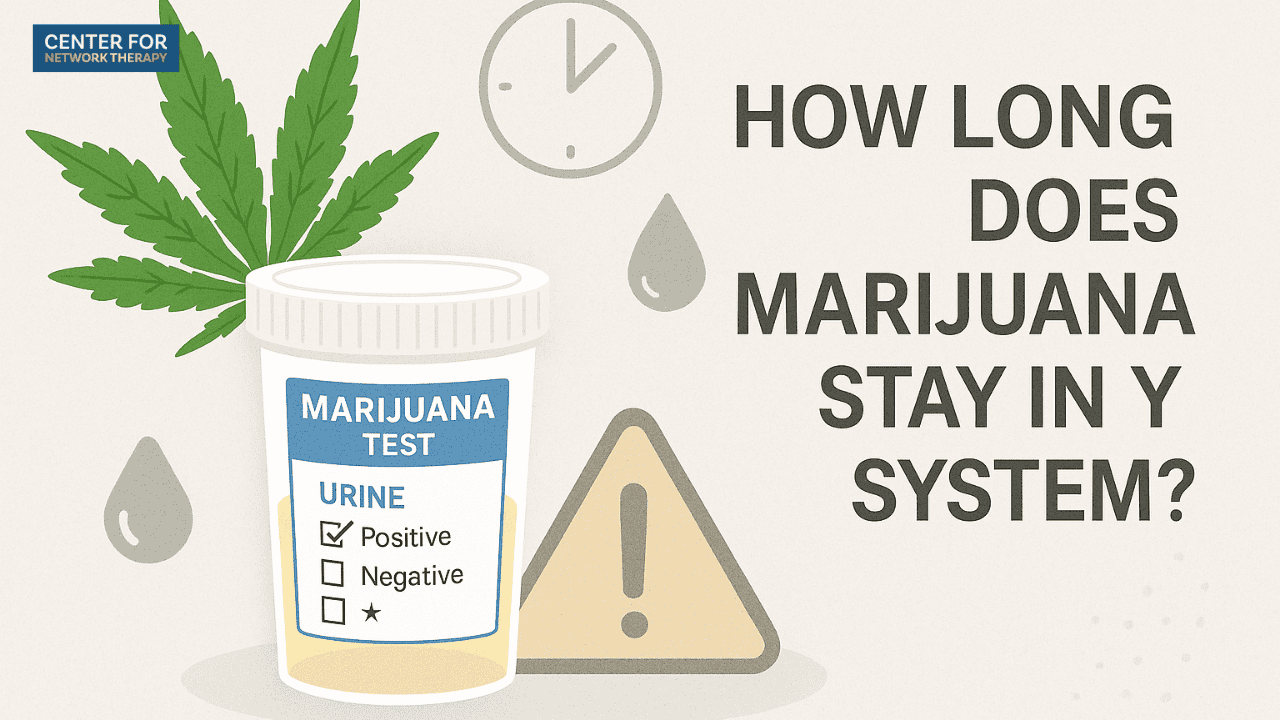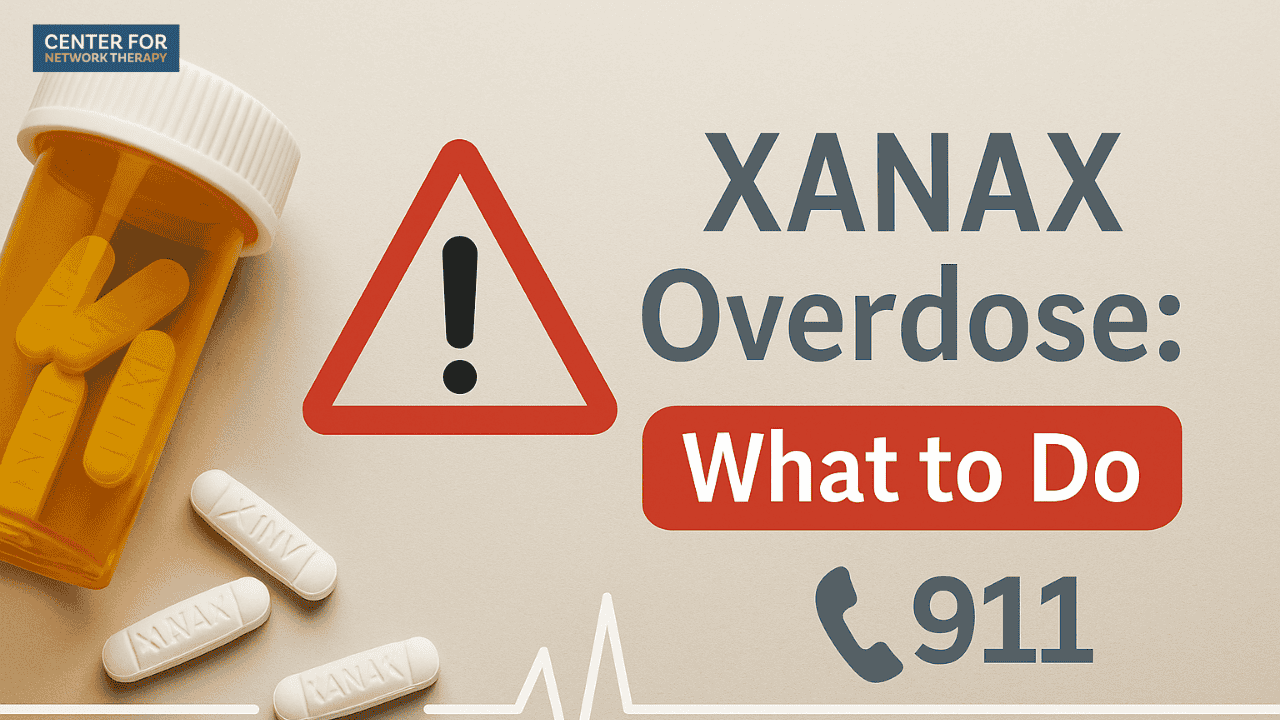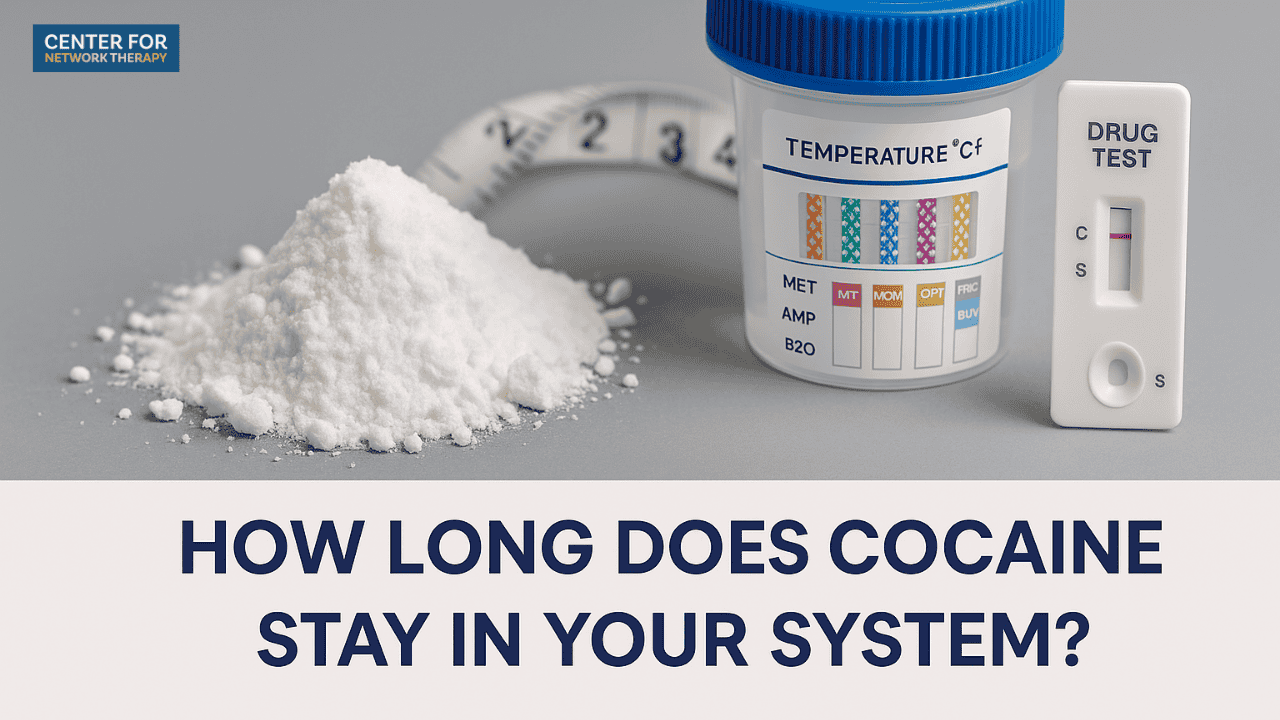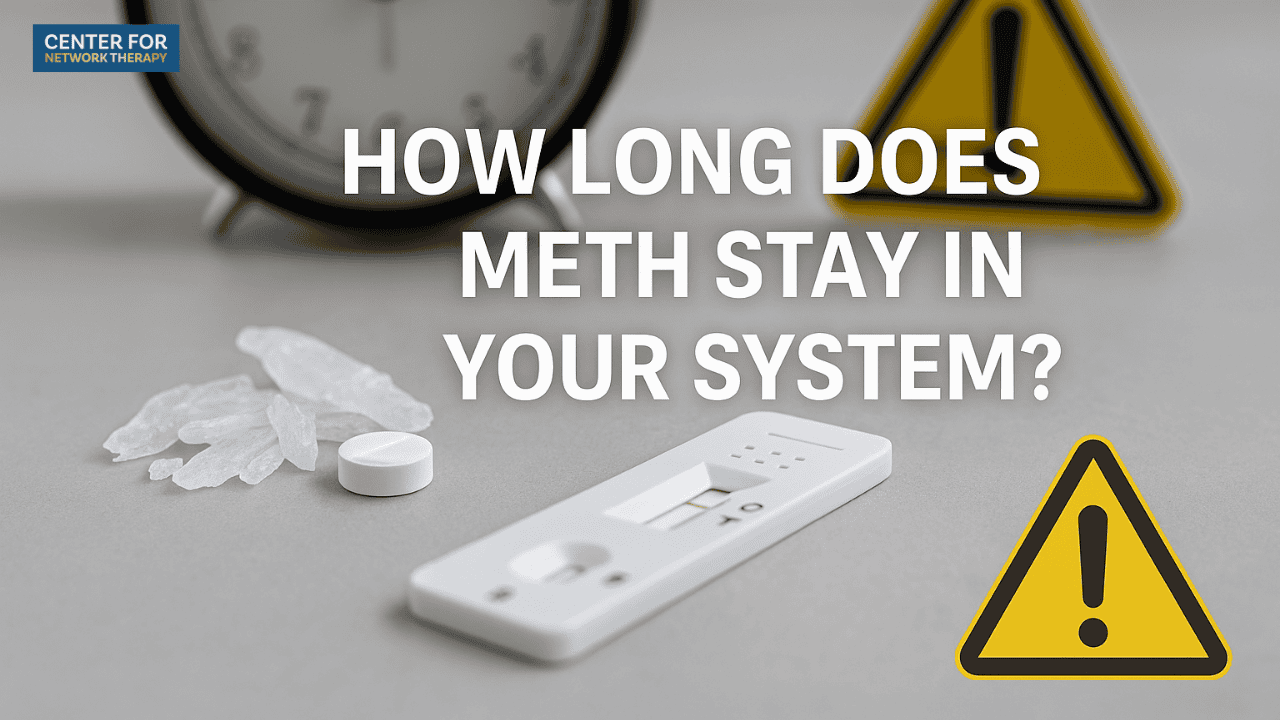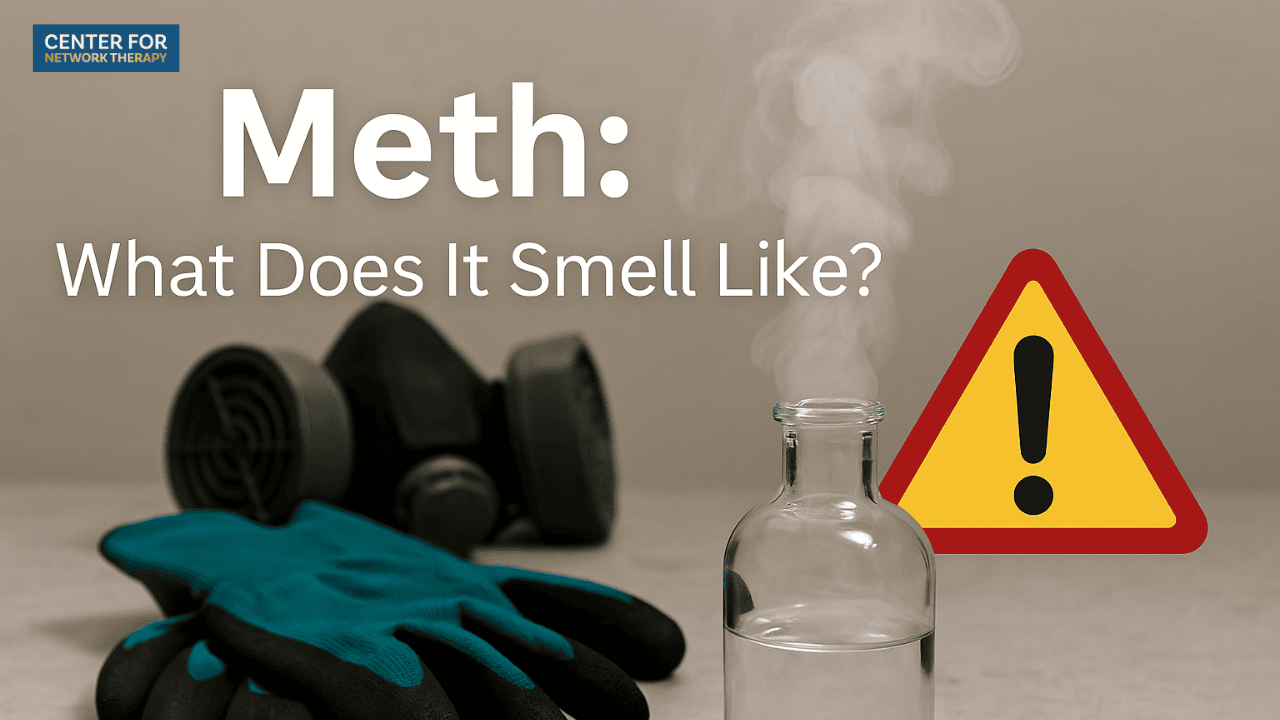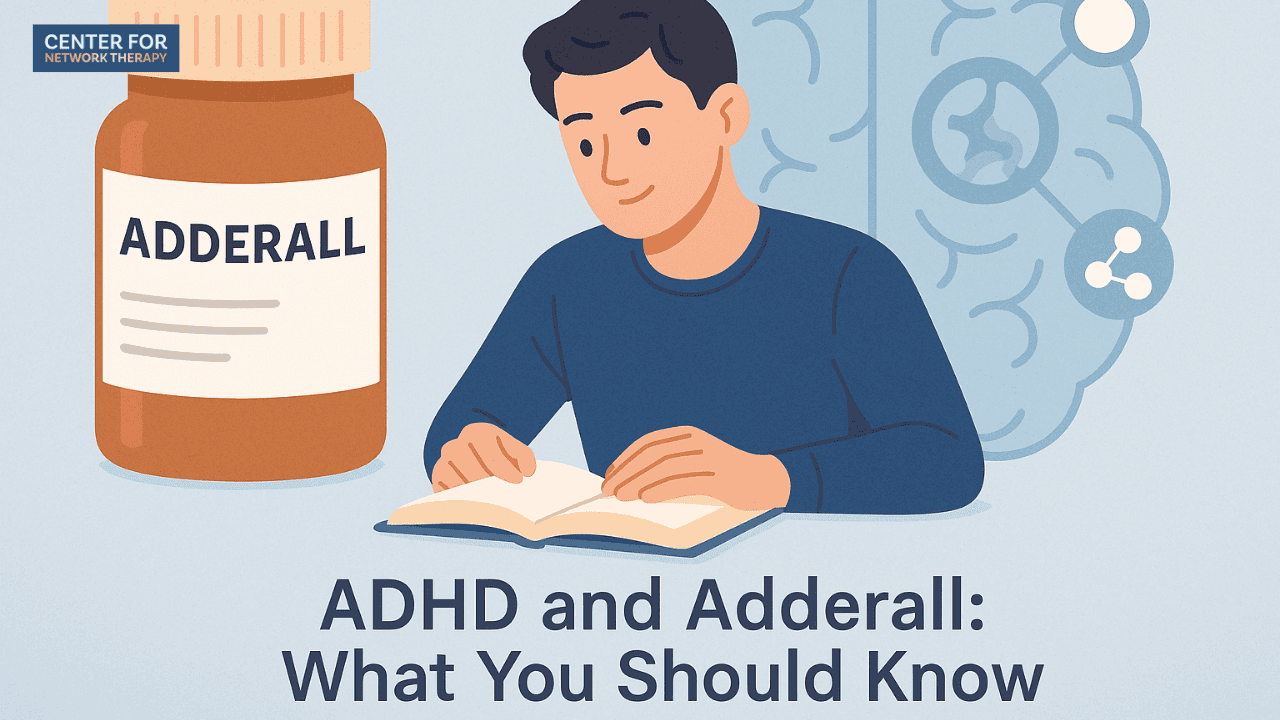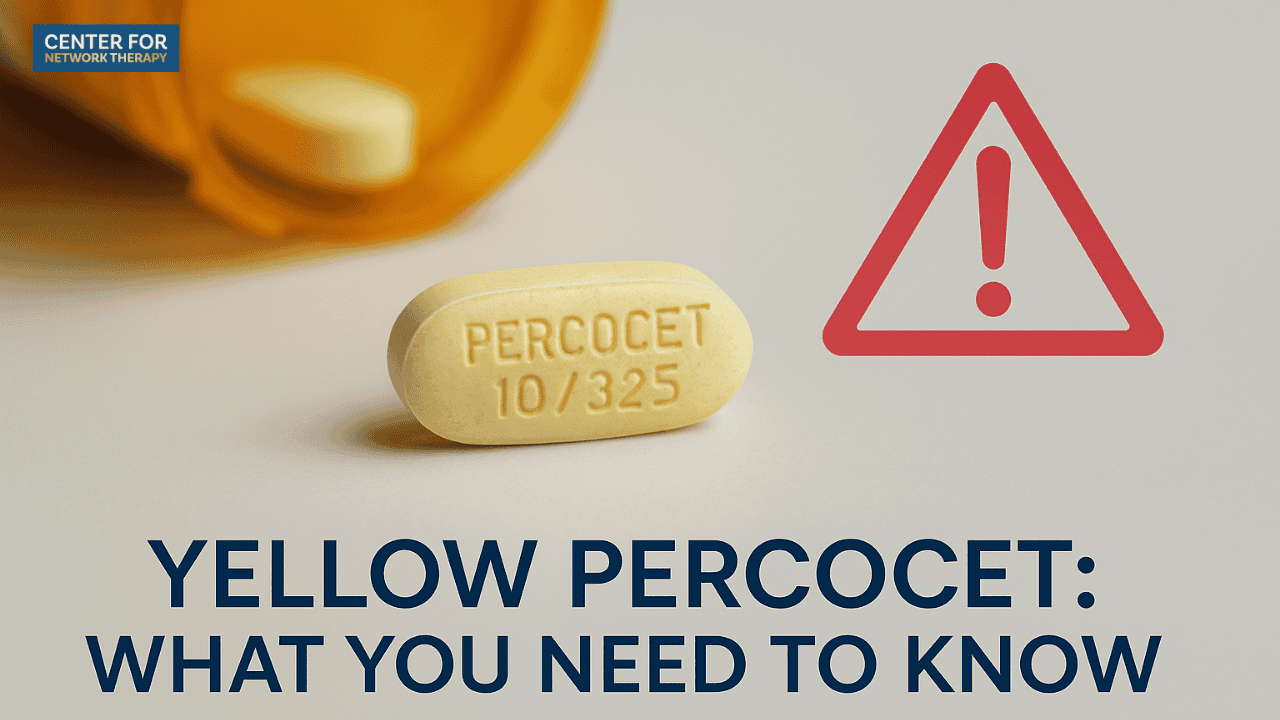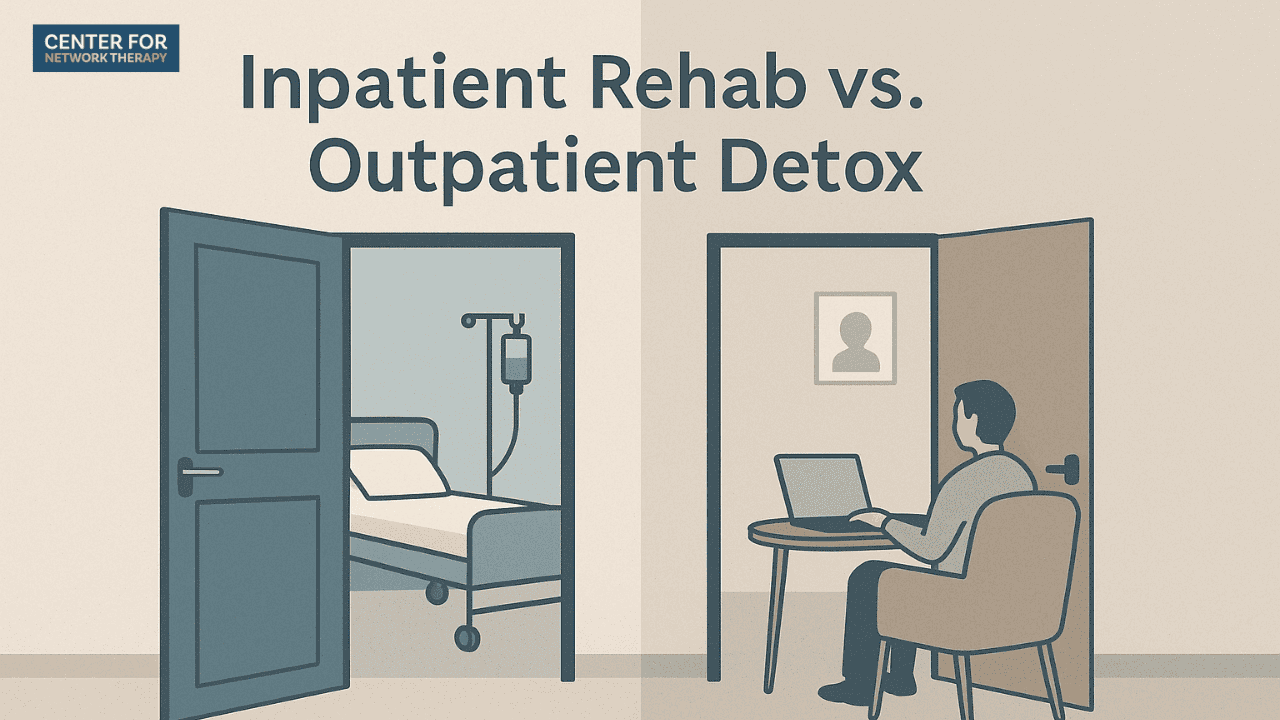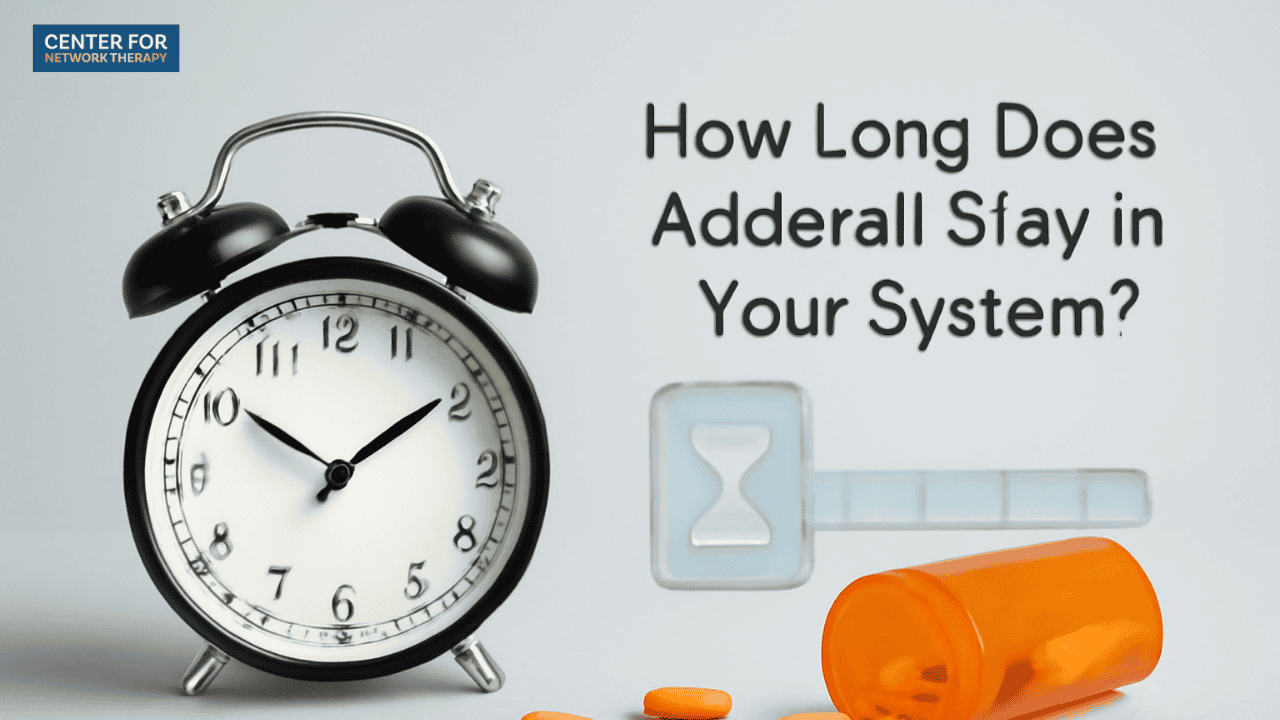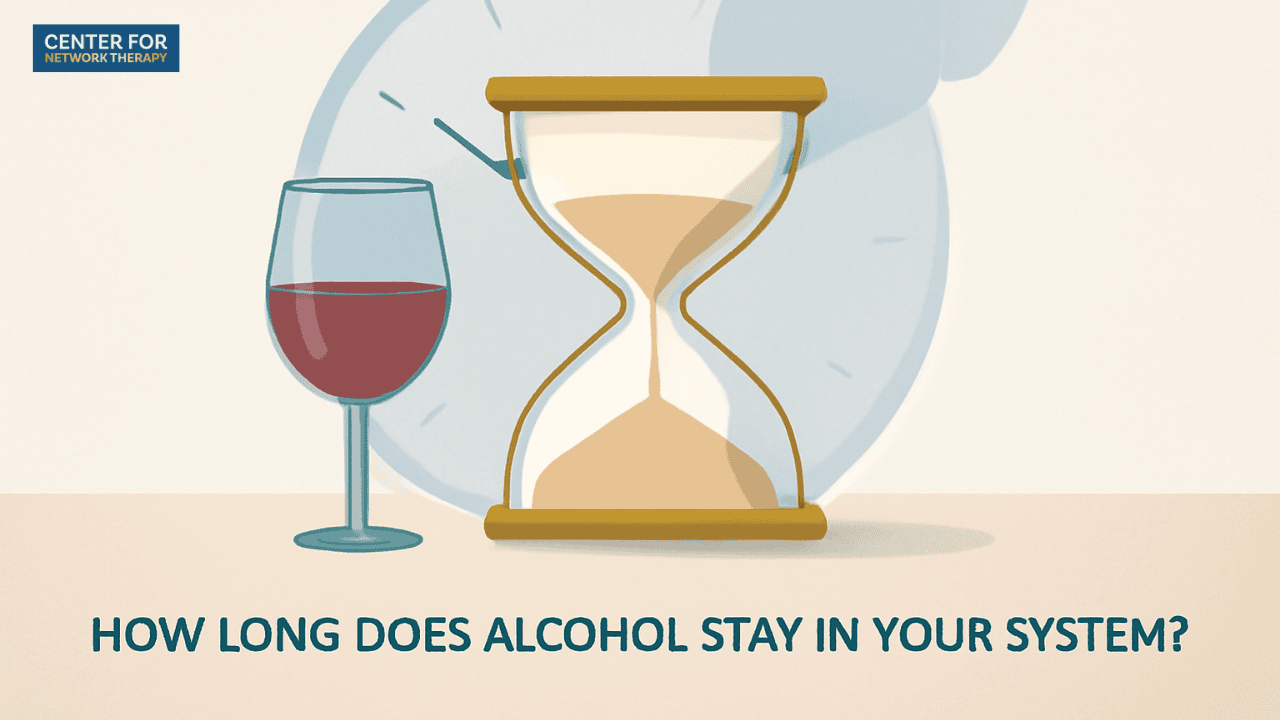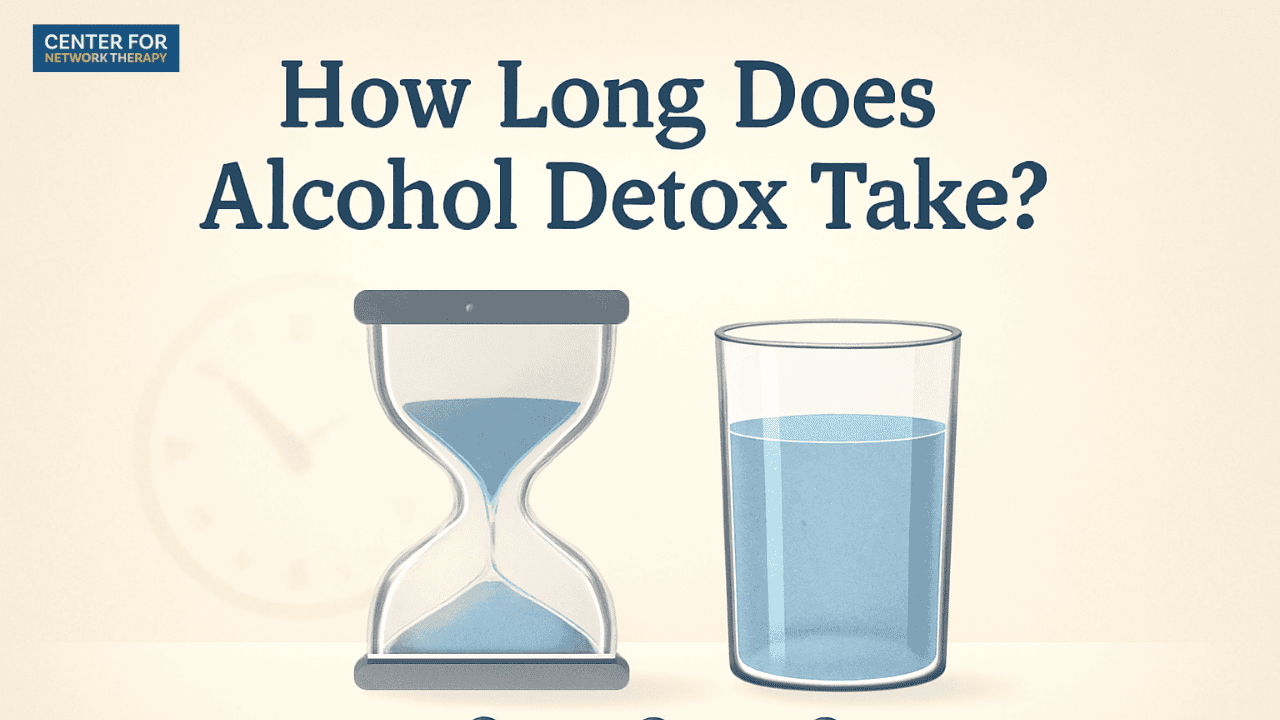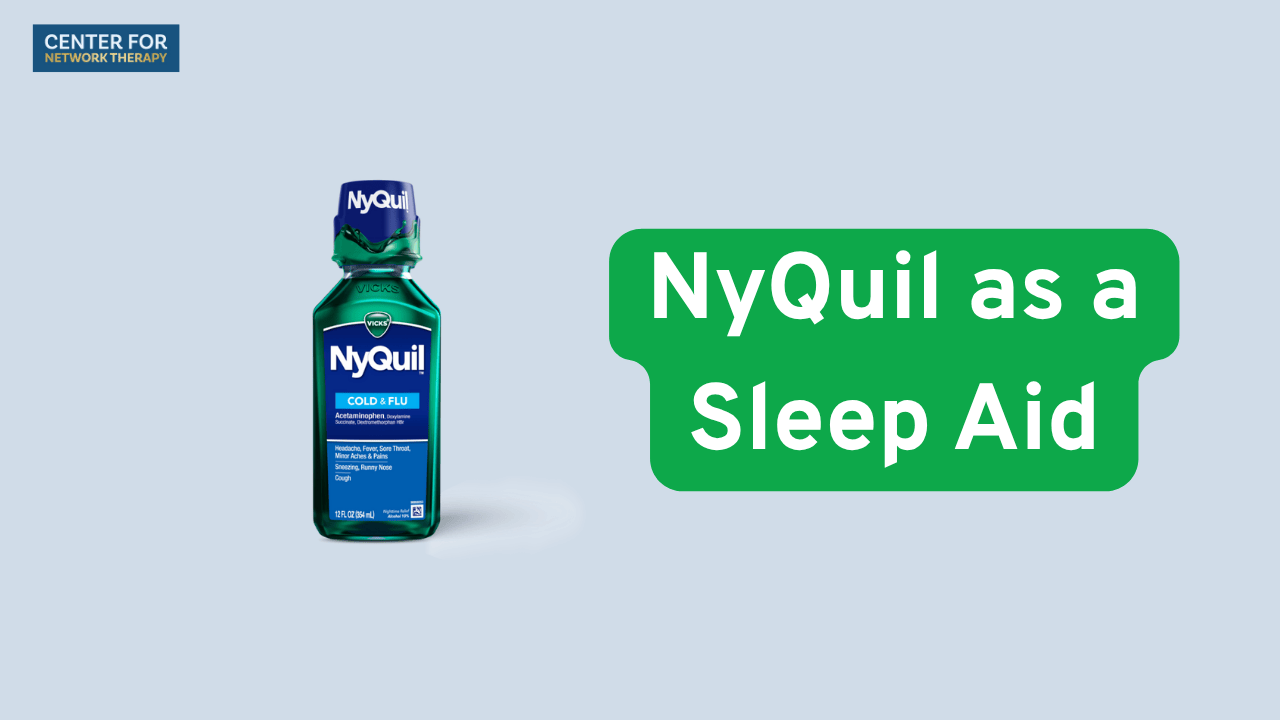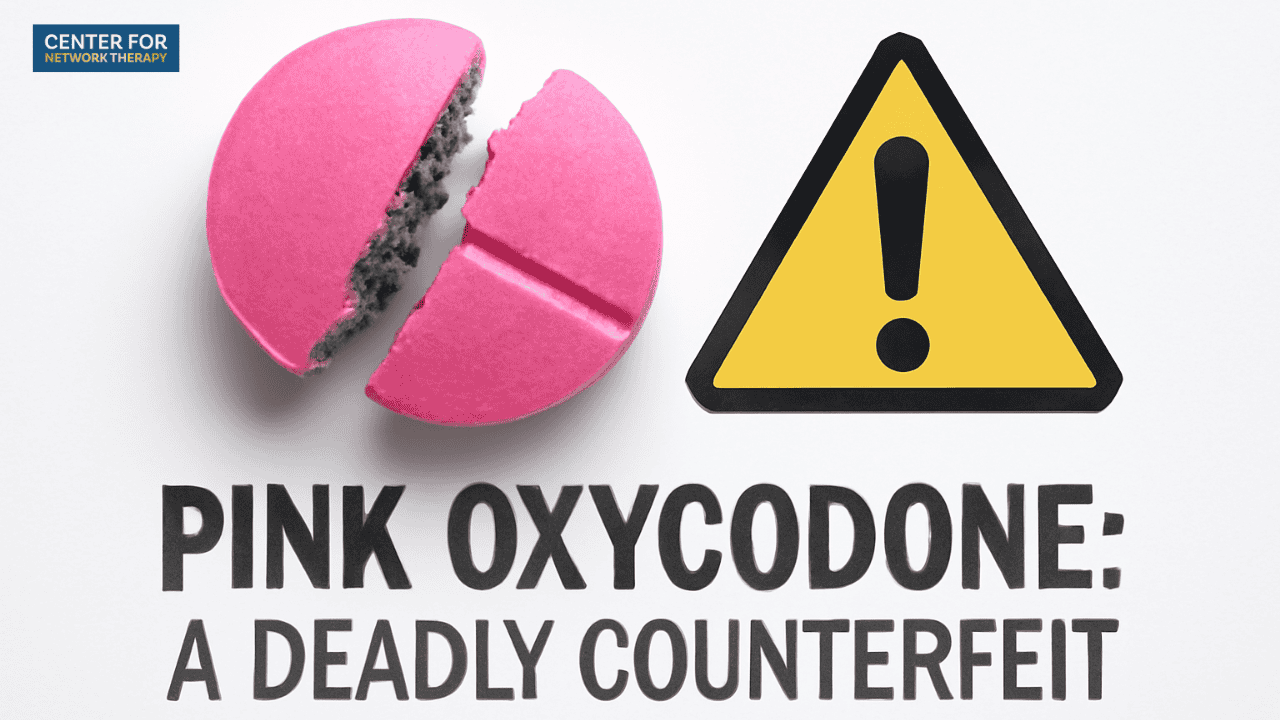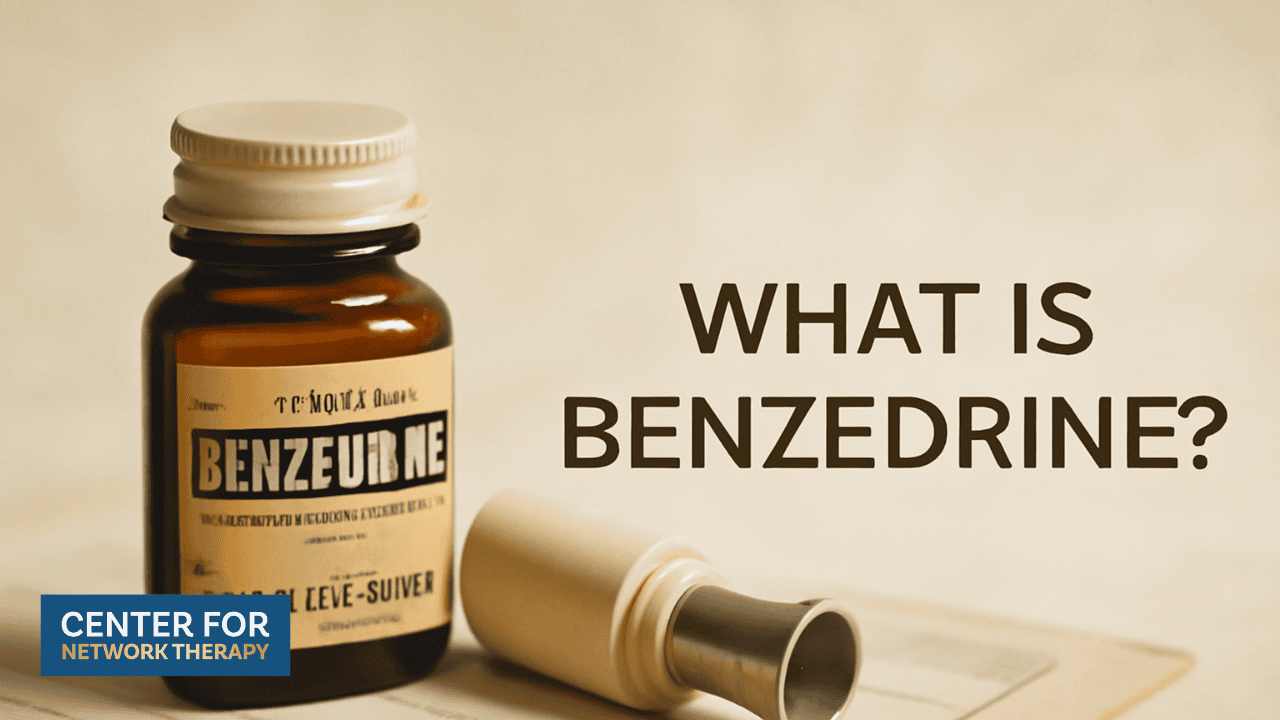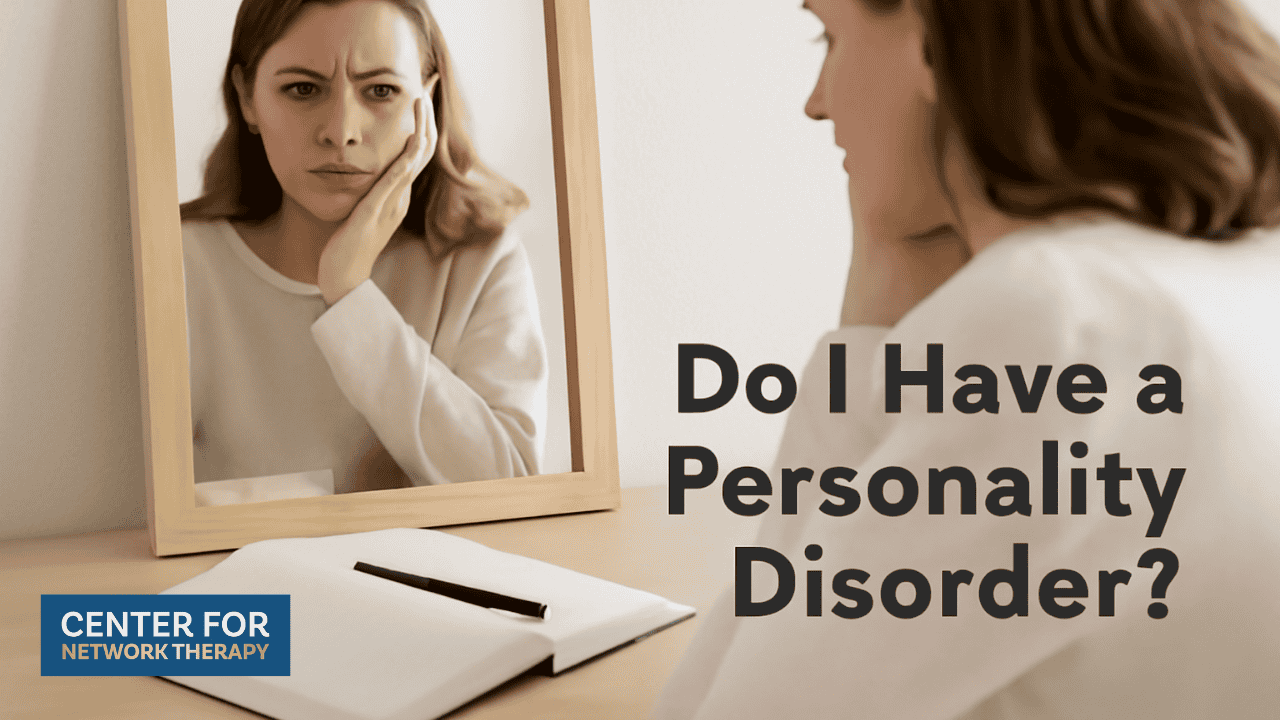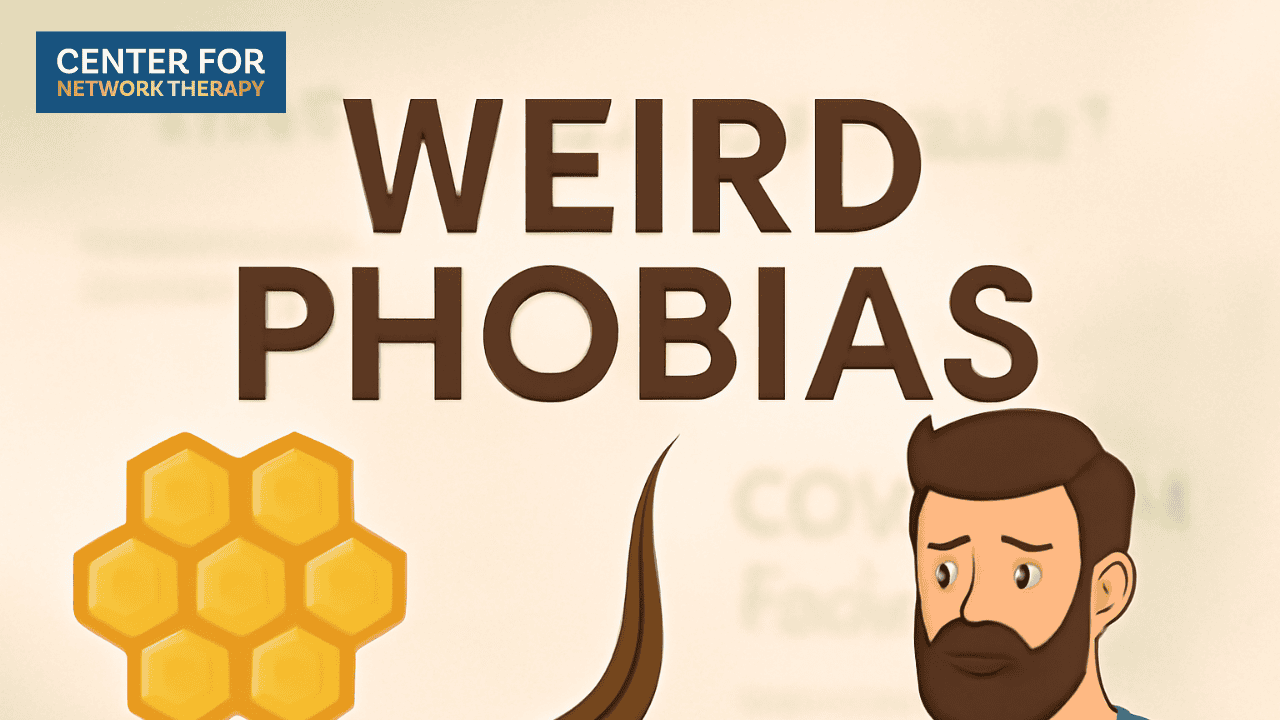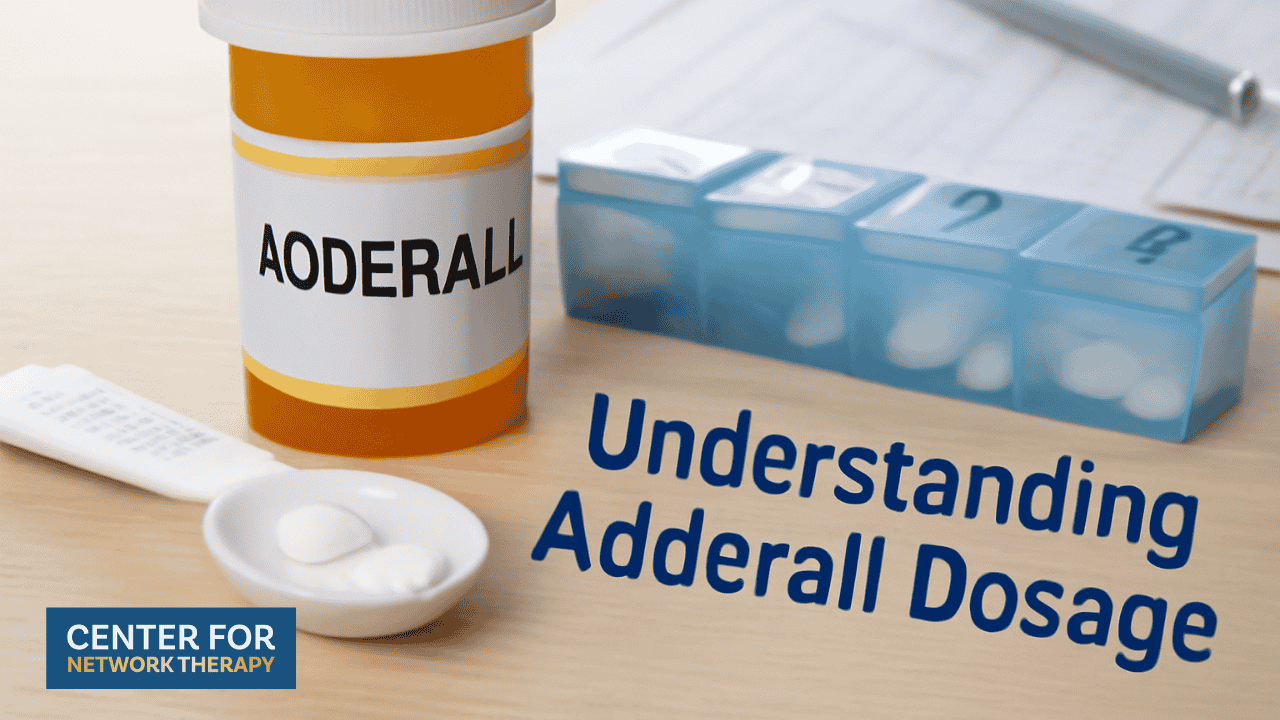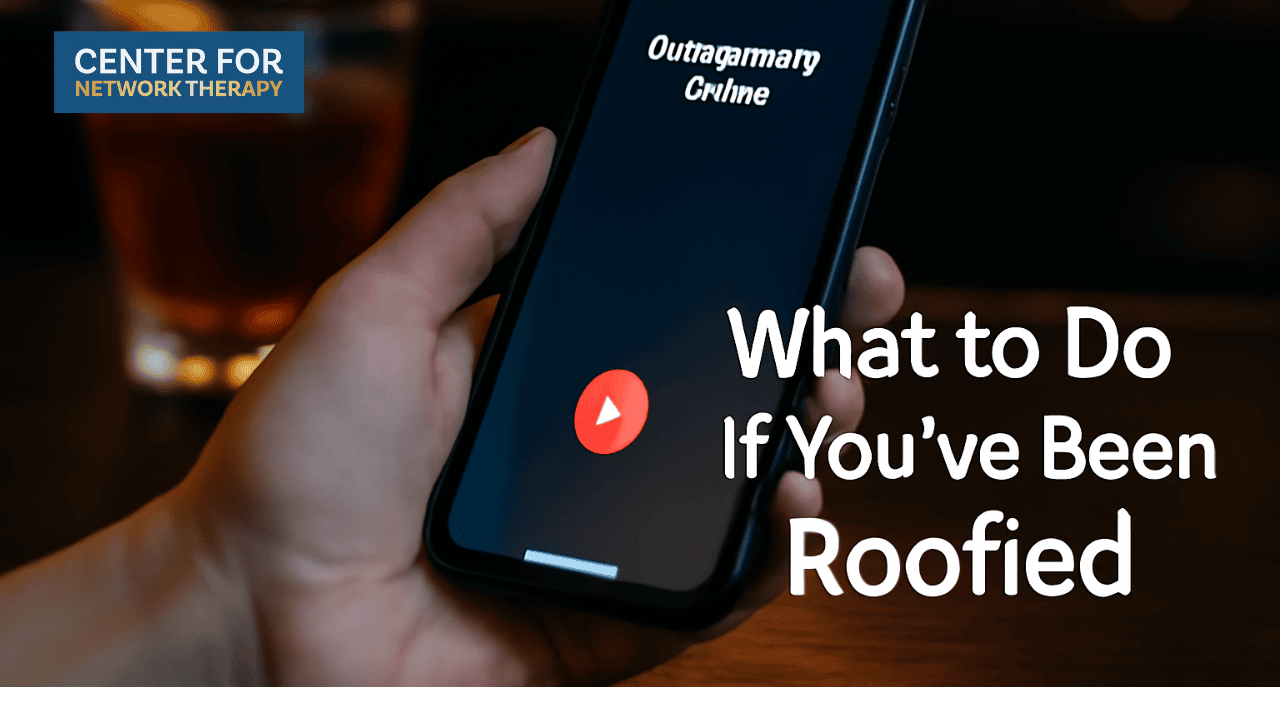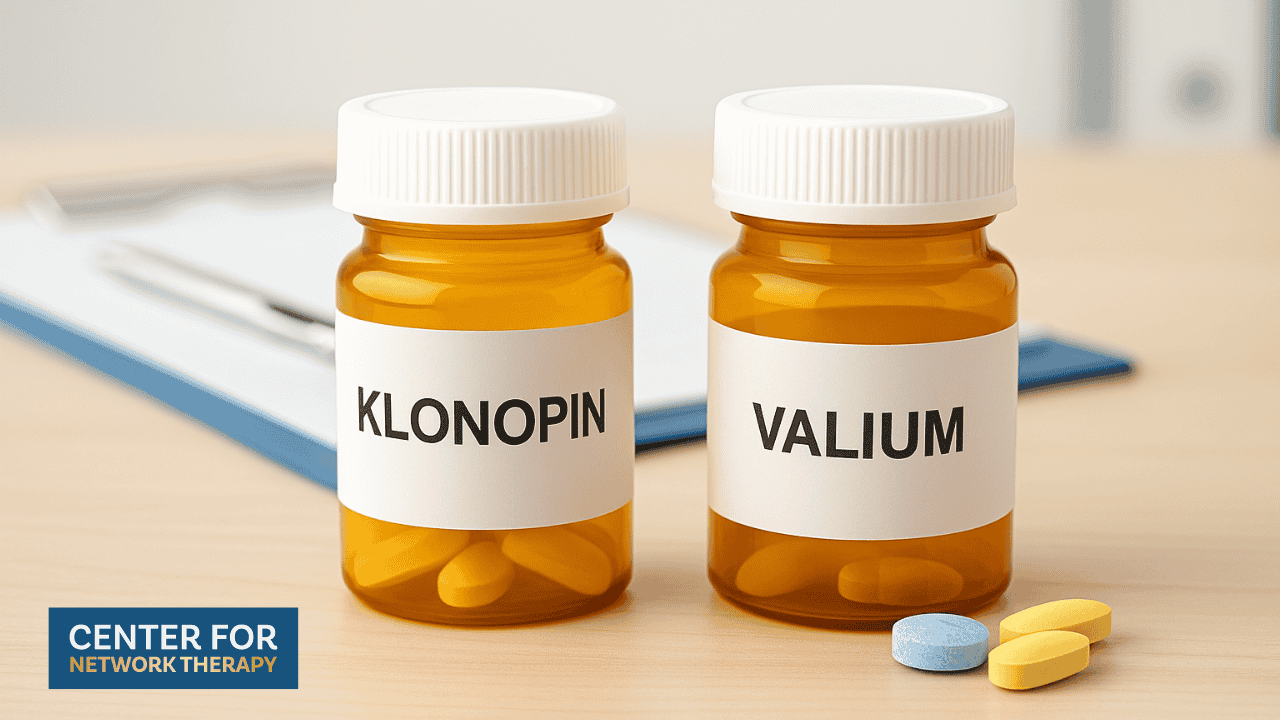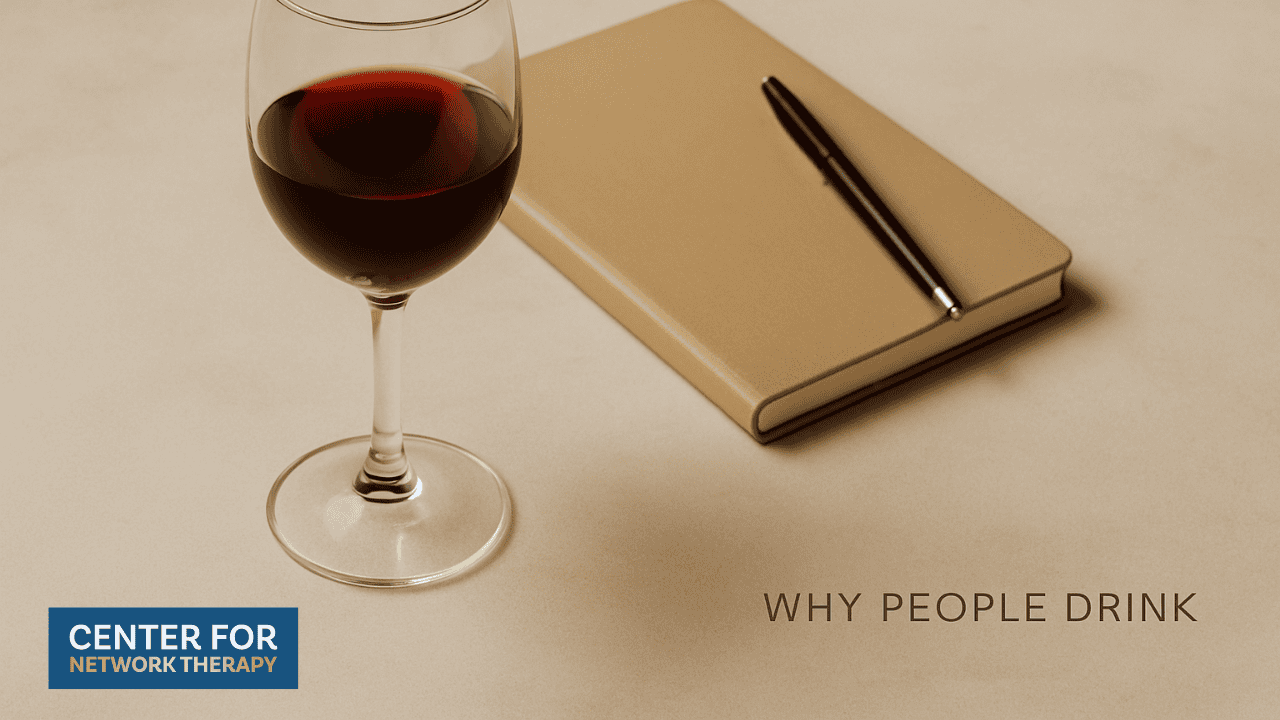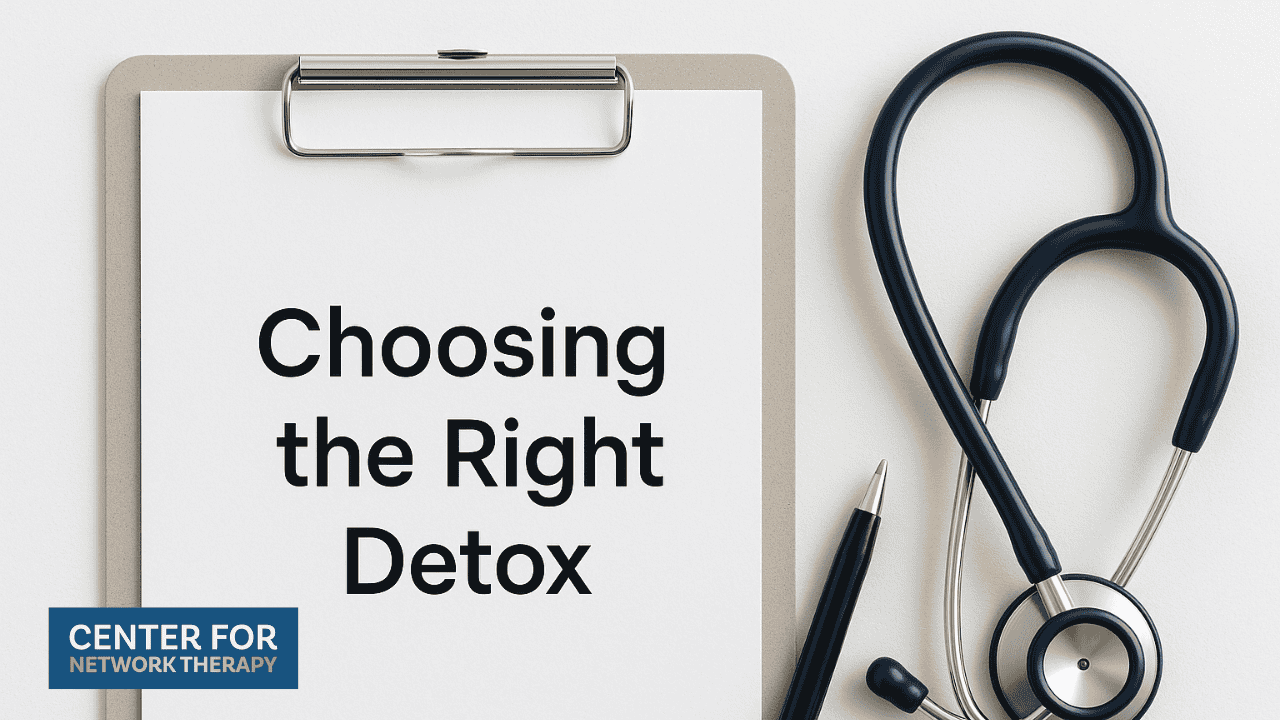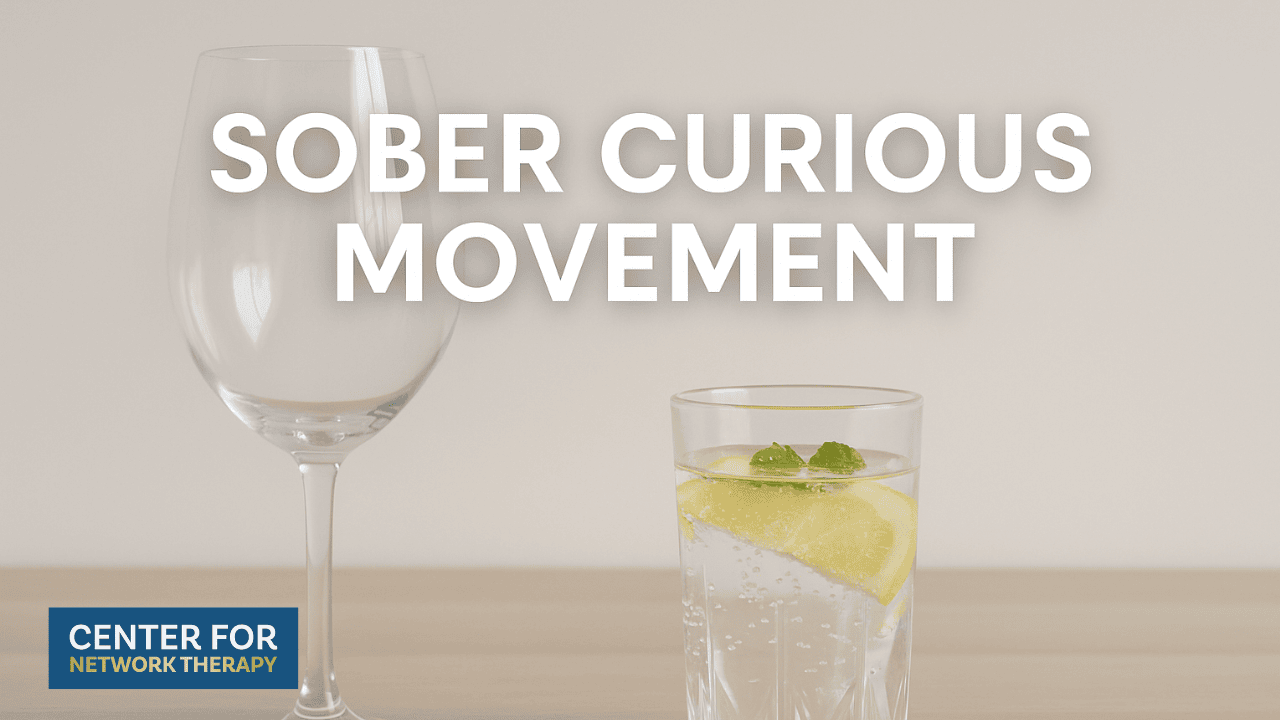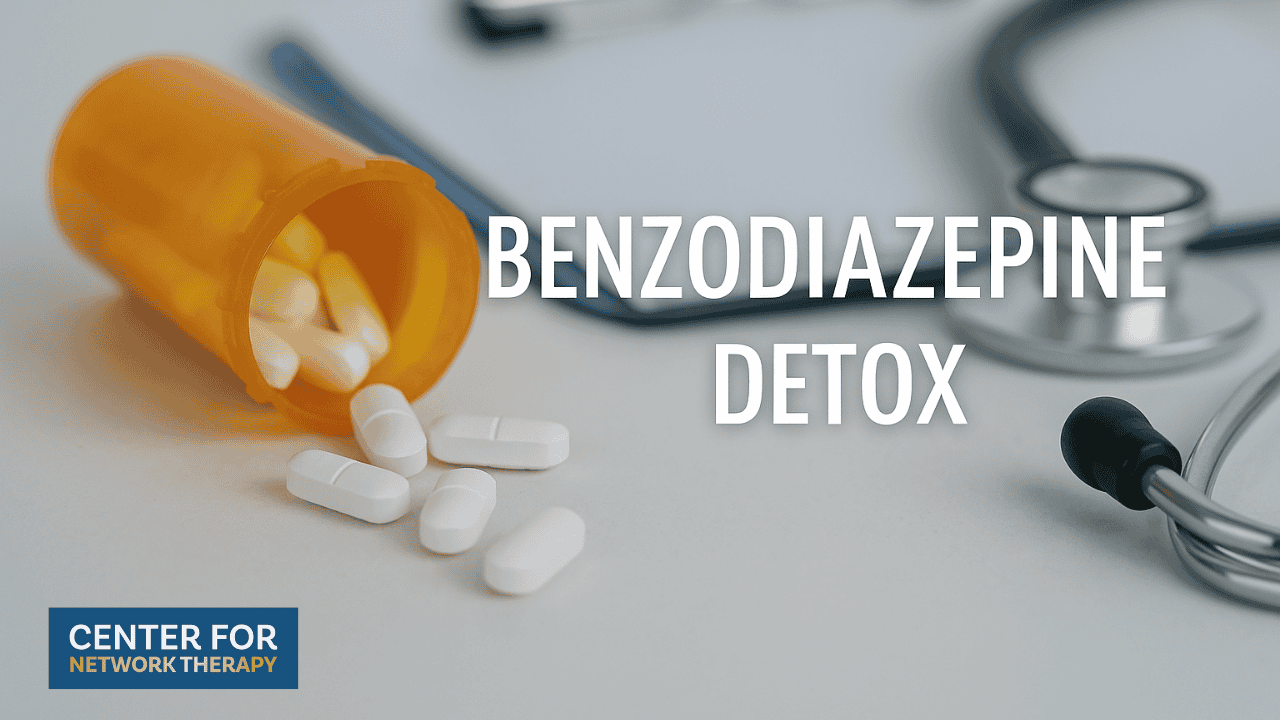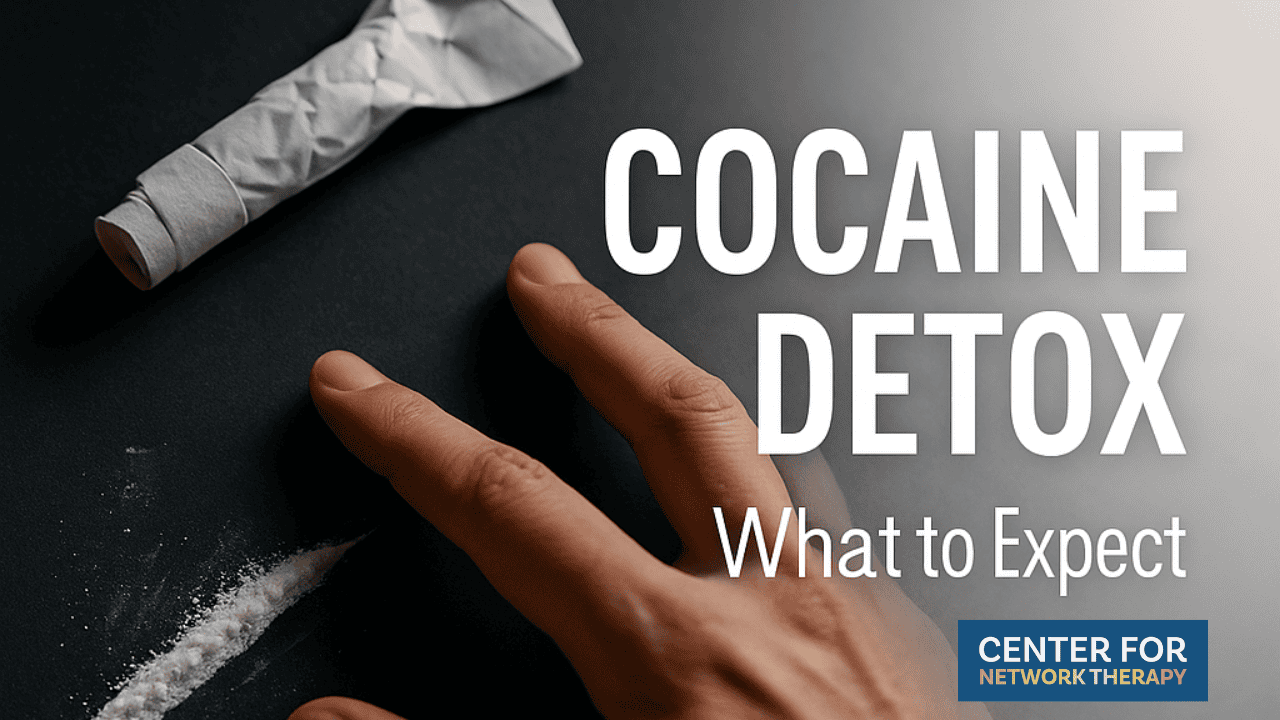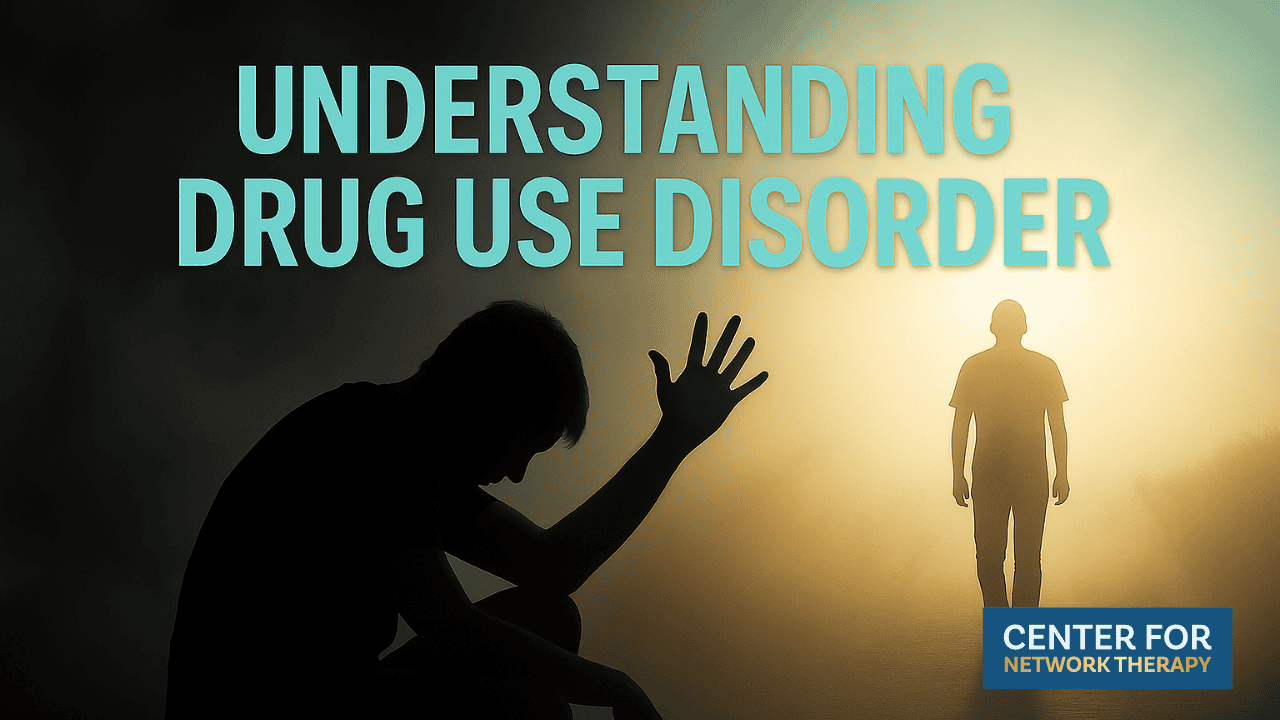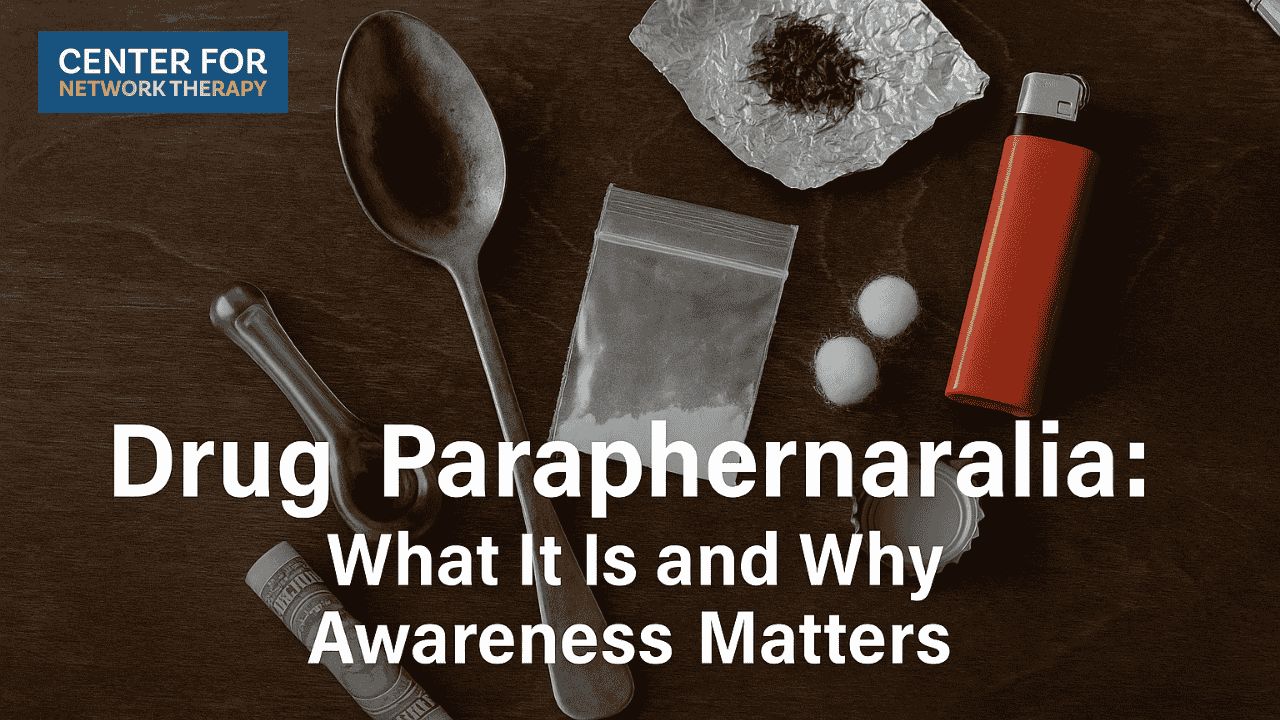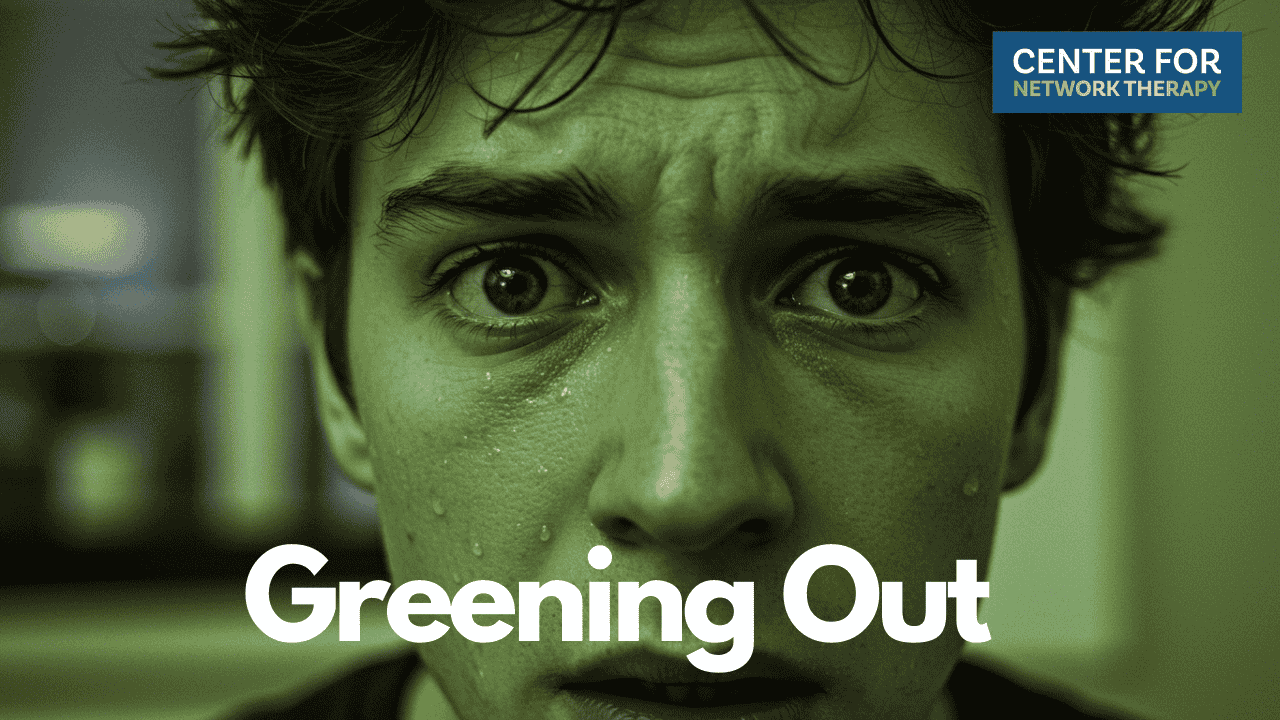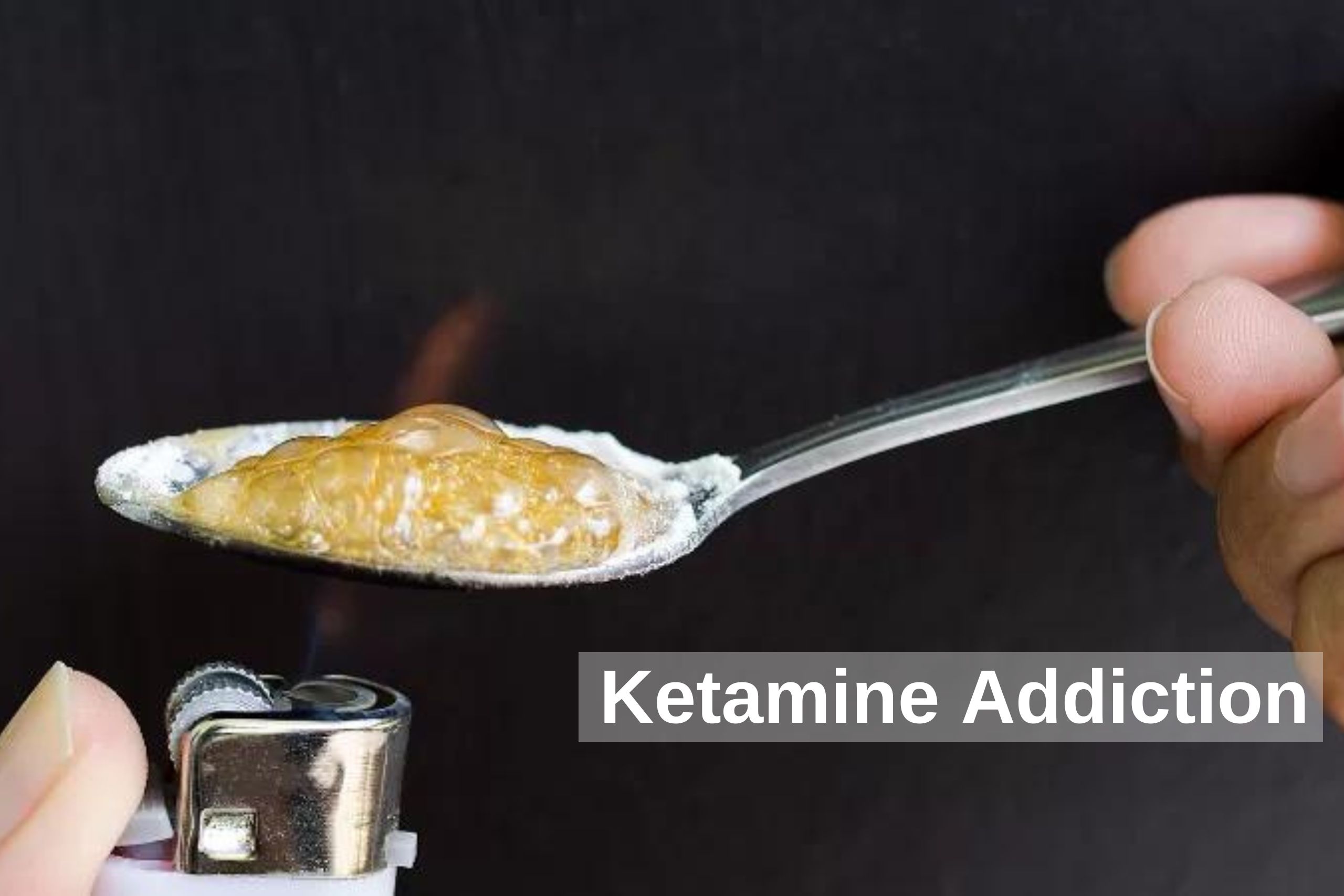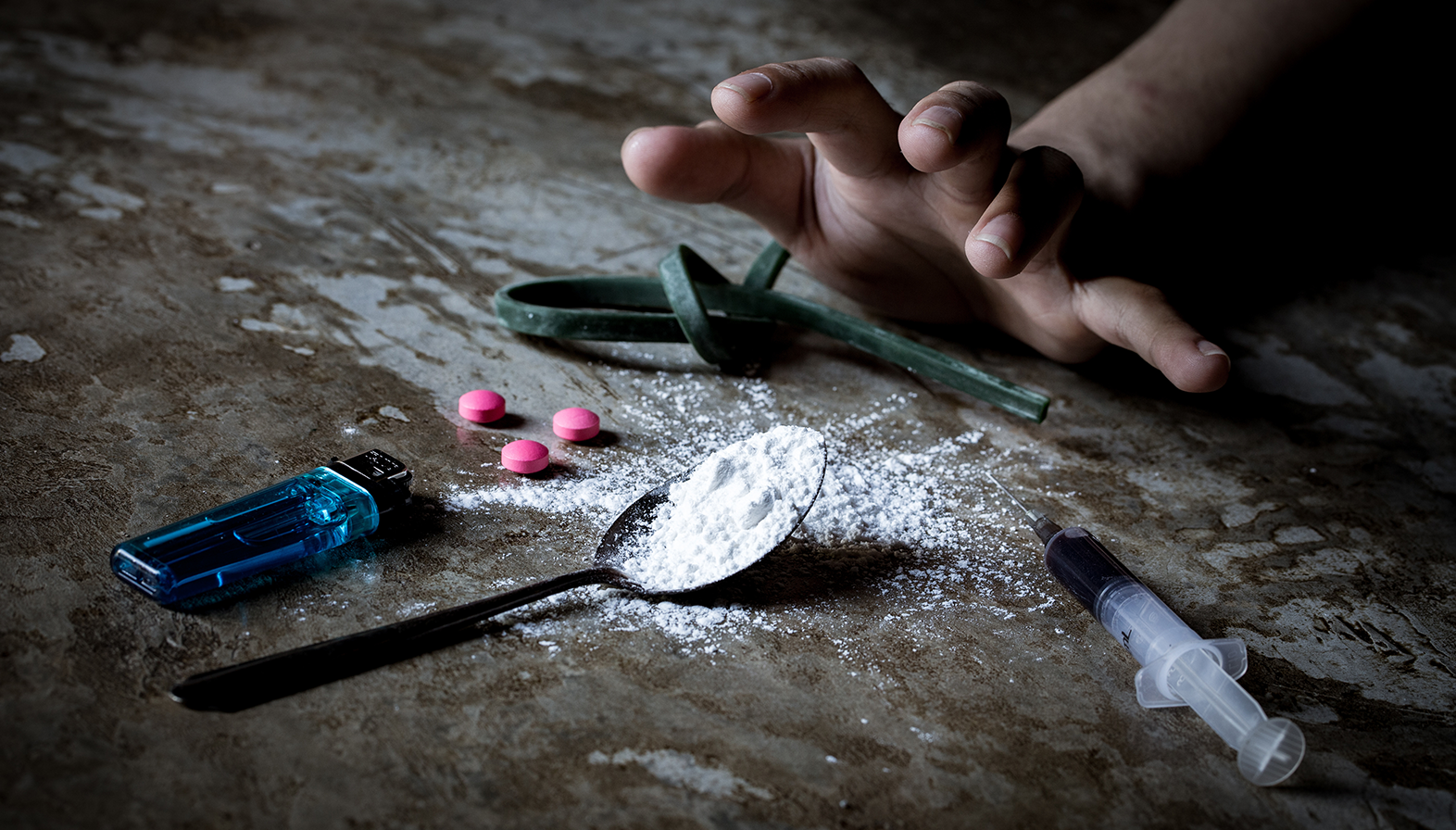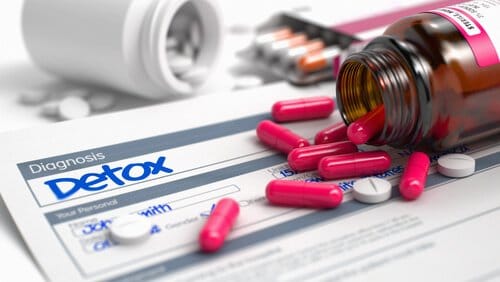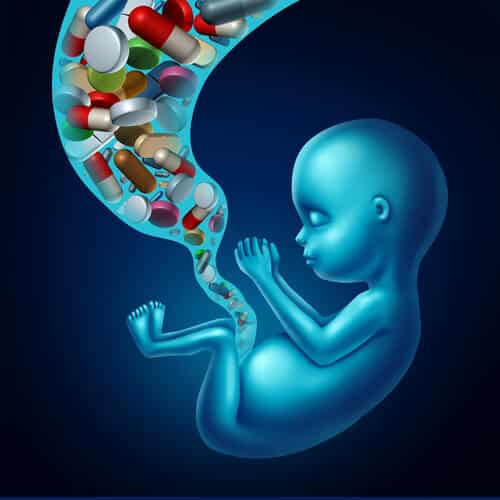UNBOUND: SET YOURSELF FREE

When an individual afflicted by the disease of addiction takes the big step of entering treatment, he or she has laid a solid foundation on which to build recovery.
With diligence, they can be free from the bondage of addiction and begin to take control of their life!
By entering treatment, most likely in the detoxification level of care, they have not only availed themselves of medication-assisted treatment to address their physical discomfort – withdrawal symptoms and cravings – but also therapy in order to effect lifestyle changes needed to achieve sobriety.
It is in this environment that the individual will learn skills to cope with their stressors and avoid triggers that may cause a relapse. These individuals will accumulate a tool kit and arm themselves with tools that they can utilize at times of crisis or cravings.
If an individual is diligent, they will regain complete control of their life over time.
Dependence on alcohol has ruined millions of lives all over the globe. Thankfully, there are many different kinds of treatment and therapy available that individuals afflicted by an addiction to alcohol can access in order to regain control of their lives.
If you live in vicinity of the state of New Jersey and have a friend or family member suffering from an addiction to alcohol, you may want to get them the best help that will be instrumental in turning their life around, check out facilities that offer outpatient alcohol treatment in NJ. When an individual who has become dependent on alcohol tries to quit, he or she goes through highly uncomfortable withdrawal. And withdrawal from alcohol can be dangerous, as it can lead to seizures or even stroke. Additionally, there is a psychological aspect of addiction that needs to be addressed as well. Only the right kind of treatment will ensure that all these needs are met.
Detoxification and rehabilitation treatment for the victim of alcohol dependence should empower the afflicted individual in multiple ways as alcohol withdrawal is not easy: medication to address withdrawal and cravings, group therapy to learn coping and relapse prevention skills, individual therapy to address personal issues that cannot be discussed in group, family interventions in order to resolve conflicts and elevate the level of support the individual afflicted by addiction receives at home and integration with self-help groups, such as AA.
Making AA a part of treatment as early as possible is critical. Medication to address symptoms, and therapy to effect needed lifestyle changes are important, but, it is important to realize that all treatment ends at some point. The only support system that will be a part of a person in recovery for the rest of their lives is self-helps such as AA. Alcoholics Anonymous meetings are held every day and they are so widespread that they are local to pretty much every individual in America.
AA is a 12-step program that is run by individuals who were victims of addiction in the past but are now deep into their recovery. They are free and they are ubiquitous. A person just entering recovery can leverage the “sponsorship” program within AA. A sponsor is a member of AA who has been sober for a period of time. Sponsors make themselves available to their protégés 24 hours a day and help them through difficult periods by enabling them to make the best decisions. Thus, they help prevent relapse to the best of their ability. While AA does not provide therapy, it does provide a constant support system an individual in recovery can lean on in tough times.
Another important aspect of recovery is the individual’s family. The support of the family is crucial to the individual staying sober in his or her home environment. It is important that the family understands the disease of addiction: that it is a chronic illness that can be treated but there is no cure for it. Also, the family has likely become dysfunctional because of one member’s addiction. They need to be brought back together and it is time for healing to begin and trust to return. This strengthens the level of support the individual afflicted by addiction receives at home and helps prevent relapse. Many families have watched their loved one deteriorate, because they did not fully understand addiction and have no clue what their loved one is going through.
Related Articles
Nine Unexpected Physical and Mental Benefits of Reducing Alcohol Intake




